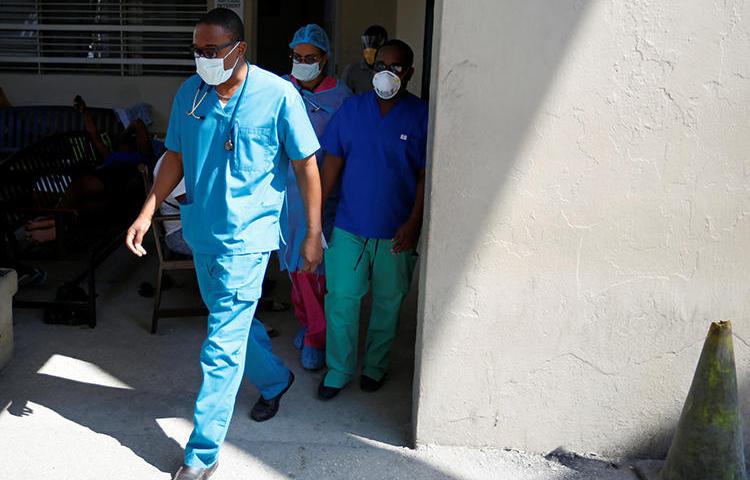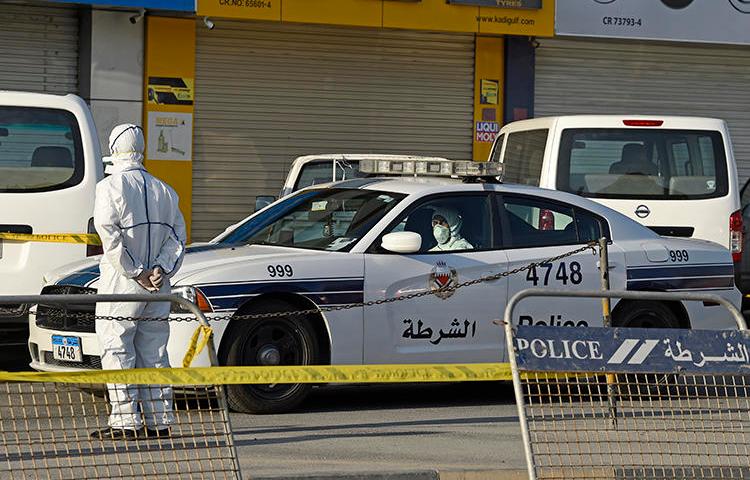
Speed, Clarity, Context: The New York Times’ Billie Sweeney on editing ‘Coronavirus Live Update’
In early February, only eight weeks ago but in a parallel universe that no longer exists, I invited Billie Sweeney, a senior staff editor at The New York Times, to tour the new CPJ office and visit with old friends. For nine years, from 2004 to 2013, Billie worked as CPJ’s editorial director, overseeing all…
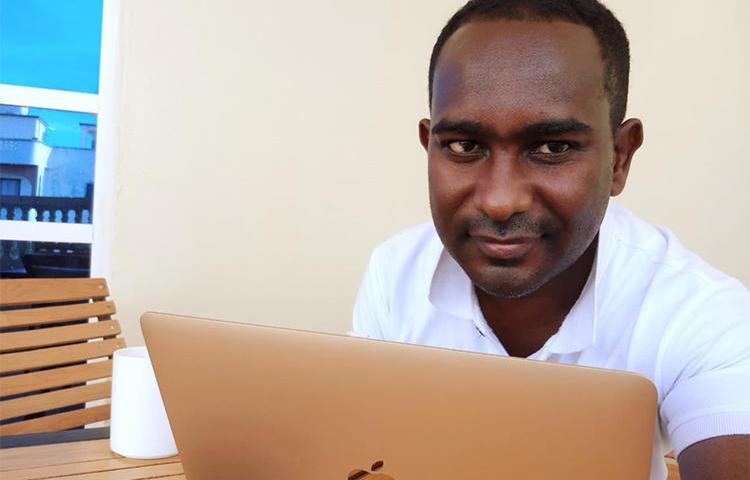
Somali journalist Abdalle Ahmed Mumin says there is ‘nobody to trust’ for COVID-19 information
Somali freelance journalist Abdalle Ahmed Mumin has covered the news for 17 years, spending much of that time in one of the most dangerous places in the world to work as a journalist. Since CPJ started keeping records in 1992, at least 69 journalists have been killed in Somalia for their work.

Covering COVID-19 as a housing reporter in New York City
For Sadef Ali Kully, a housing and land use reporter for the nonprofit news outlet City Limits, meeting with sources in-person was an integral part of covering her beat in New York City. However, with the advent of the COVID-19 pandemic, Kully has needed to rethink how to perform the basics of her job.
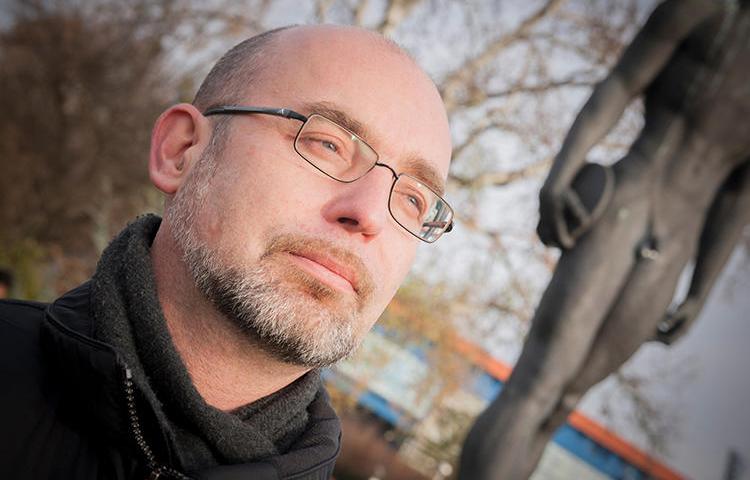
Slovenian journalist Blaž Zgaga on facing off against a government fighting COVID-19 coverage
Blaž Zgaga is a freelance Slovenian investigative journalist and a member of the International Consortium of Investigative Journalists who covers national security and defense. In his reporting, he has uncovered corruption and written about arms trafficking in the region.
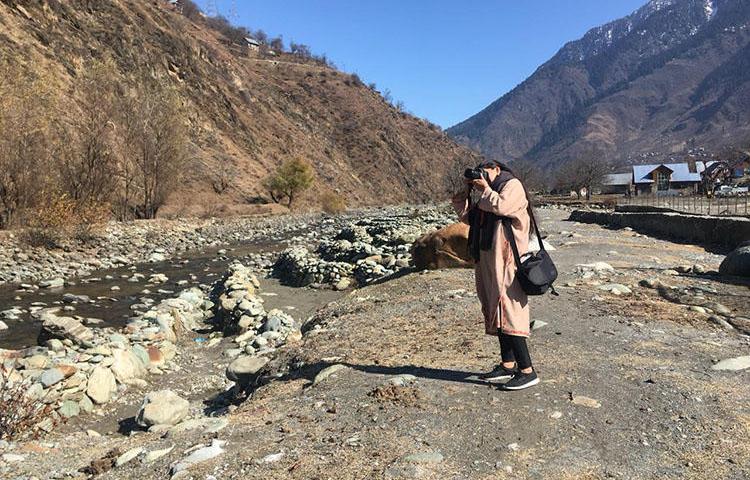
Kashmiri journalist Raihana Maqbool on reporting on COVID-19 amid ongoing restrictions
Journalists in Jammu and Kashmir have spent the past eight months navigating an intense crackdown by Indian authorities in the region, including unprecedented restrictions on communications and the longest internet shutdown in a democracy. Now, they have the added challenge on trying to report on the COVID-19 pandemic. India has instituted a strict 21-day national…

U.S. video journalist shares tips for covering COVID-19: ‘We have to get creative’
In early March, Jon Gerberg was in Detroit, Michigan, covering the Democratic primaries as a video journalist with The Washington Post. But as the COVID-19 virus has spread in the United States and around the world, Gerberg’s coverage has changed to focus on the pandemic.

For Turkish journalists, fear of contracting COVID-19 competes with fear of arrest
Journalist Evrim Kepenek works in Istanbul as the women and LGBTI+ news editor for the independent news website Bianet. Like most people, she works from home these days, but she is also a street reporter who recently observed twin fears among the Turkish public: getting infected with COVID-19 and getting arrested for talking about it.
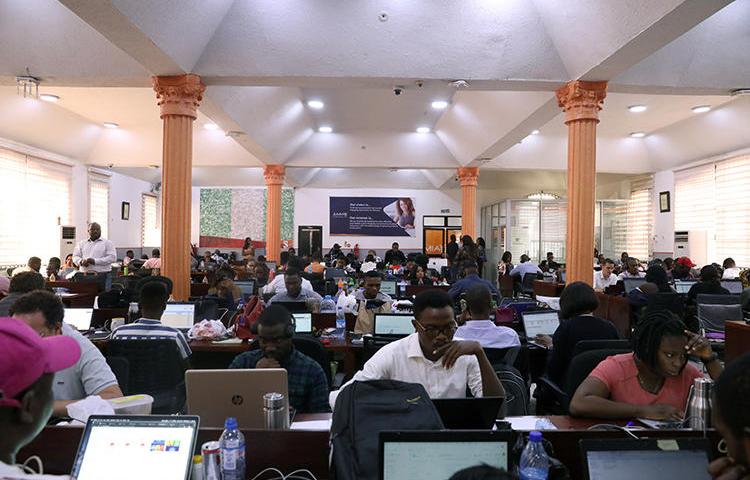
‘An attempt to gag the media’: Journalists on Nigeria’s proposed social media bill
At a public hearing on Nigeria’s social media bill held in Abuja last month, the voice of Chris Isiguzo, president of the Nigerian Union of Journalists (NUJ), rang clearly across the room: “This bill…seeks to pigeonhole Nigerians from freely expressing themselves.” The NUJ is “totally opposed” to it, he said.
